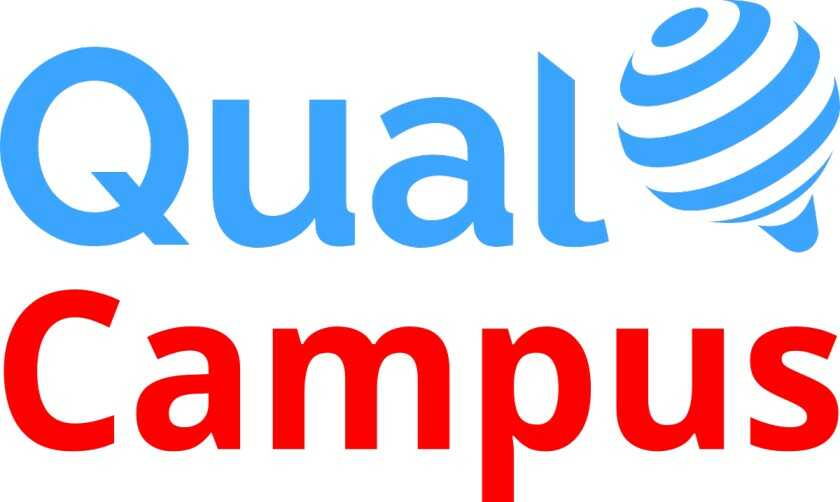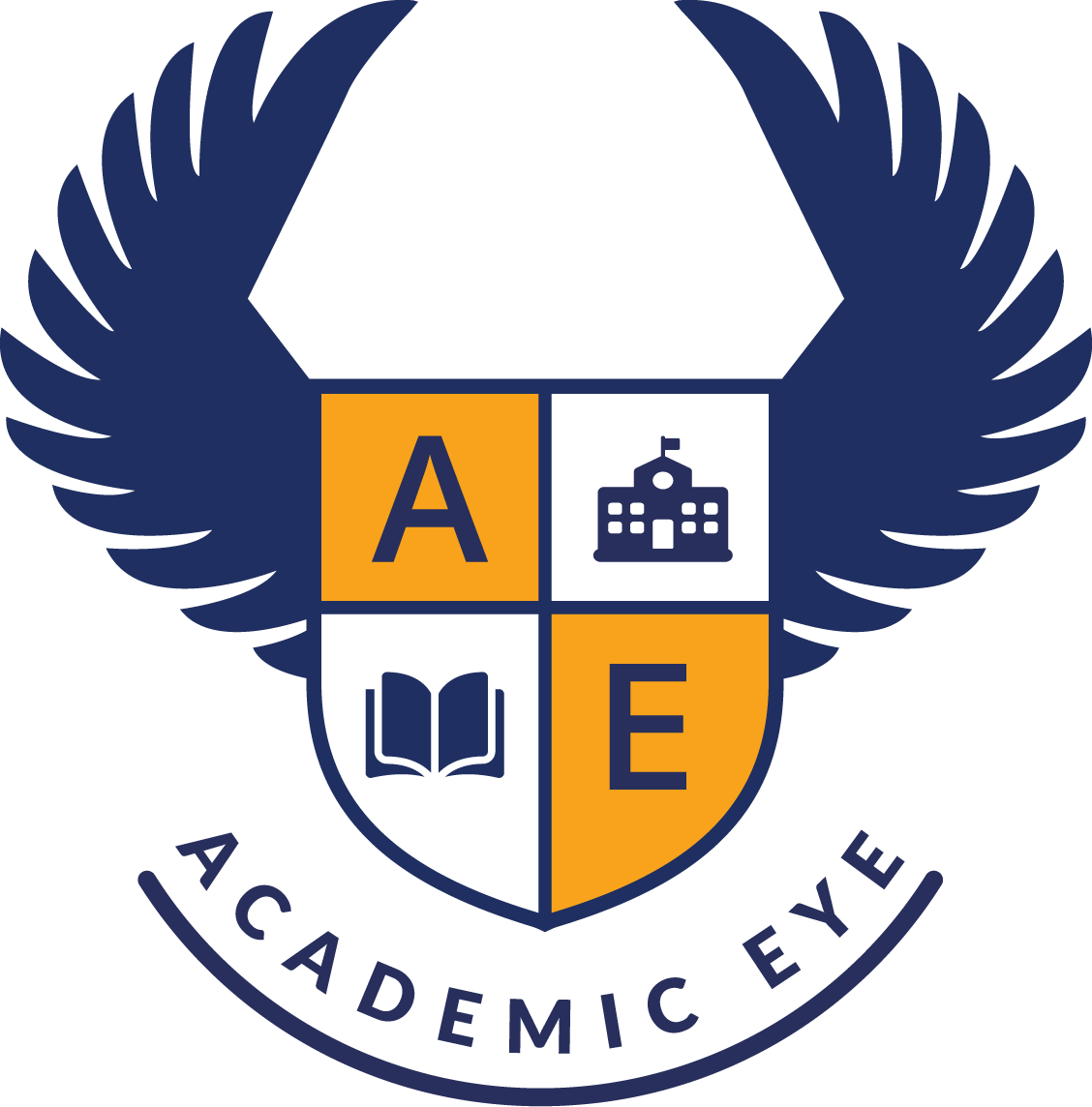Description

Fekara

QualCampus
Comprehensive Overview: Fekara vs QualCampus
Fekara and QualCampus are both school management software solutions designed to cater to educational institutions, but they each offer distinct features and serve different aspects of educational management needs. Here’s a comprehensive overview based on their primary functions, target markets, market share, user base, and key differentiators.
a) Primary Functions and Target Markets
Fekara:
- Primary Functions: Fekara offers a comprehensive suite of tools to manage school operations. Key features include student registration, fee management, attendance tracking, examination management, timetable scheduling, and parent-teacher communication. Additionally, it supports mobile apps and multi-language options, making it accessible to a broad range of users.
- Target Market: Fekara targets small to medium-sized schools, particularly those that need a cost-effective solution to digitize their administration. It is most popular in regions with developing education infrastructure, where budget constraints are significant.
QualCampus:
- Primary Functions: QualCampus provides a robust and scalable platform for managing complex educational environments. It features modules for academic management, human resources, financial accounting, online examination systems, library management, hostel management, and more. It also supports integrations with third-party systems and custom reporting functionalities.
- Target Market: QualCampus serves a broader range of institutions, including universities, colleges, and schools with substantial administrative needs. It targets larger educational entities that require advanced solutions and scalable systems to handle intricate processes.
b) Market Share and User Base
Fekara:
- Market Share: Fekara holds a niche position in the market, focusing on budget-conscious educational institutions with simple management needs. Its web-based deployment and affordability contribute to a modest but stable share within its target market.
- User Base: Fekara’s user base primarily consists of smaller schools and educational entities globally, with higher penetration in Asia and Africa due to the rising demand for economical educational technologies in these regions.
QualCampus:
- Market Share: QualCampus, with its broader functionality and customizable options, commands a more significant share of the market among larger educational institutions. It is recognized for its ability to handle complex, large-scale educational environments.
- User Base: The user base for QualCampus includes universities, colleges, and larger school districts. Its versatility and depth in managing educational processes draw significant usage from institutions in North America, Europe, and parts of Asia.
c) Key Differentiating Factors
-
Complexity and Functionality:
- Fekara is designed to be simple and user-friendly, appealing to schools that require basic management systems without much complexity. It excels in providing essential features with an intuitive interface.
- QualCampus offers a wide range of advanced features suitable for managing larger and more complex educational setups. Its modular approach allows for customization and scalability, making it preferable for larger institutions with diverse needs.
-
Cost:
- Fekara is generally more affordable, providing a free tier and low-cost paid options, making it suitable for smaller institutions with limited budgets.
- QualCampus tends to be more expensive, reflecting its comprehensive functionalities and target clientele, who require sophisticated solutions.
-
Customization:
- QualCampus supports greater customization and can be tailored to fit the unique demands of various institutions, which is a critical advantage over Fekara for large organizations.
- Fekara offers less in terms of customizability but emphasizes ease of deployment and use.
-
Deployment and Access:
- Both platforms offer cloud-based services, but Fekara emphasizes ease of access and simplicity for schools without extensive IT infrastructure.
- QualCampus may require more technical support for full-scale deployment, aligning with its focus on serving more extensive institutional frameworks.
In summary, while both Fekara and QualCampus provide valuable tools for school management, their differences in complexity, customization, cost, and target markets make them suitable for varying types of educational institutions.
Contact Info

Year founded :
Not Available
+92 344 5115119
Not Available
Pakistan
Not Available

Year founded :
Not Available
Not Available
Not Available
Not Available
Not Available
Feature Similarity Breakdown: Fekara, QualCampus
When comparing educational management systems like Fekara and QualCampus, it's important to analyze their core features, user interfaces, and any unique aspects that set them apart. Here’s a breakdown based on available data and typical features of such platforms:
a) Core Features Common to Fekara and QualCampus
-
Student Information System (SIS): Both platforms offer comprehensive student data management, including enrollment, attendance, and demographic information.
-
Staff Management: Facilities for managing staff information, roles, schedules, and payroll.
-
Timetable Management: Tools for creating, managing, and distributing class schedules and timetables.
-
Communication Tools: Integrated messaging systems for facilitating communication between students, teachers, and parents.
-
Examination Management: Features to create, schedule, and grade examinations.
-
Reporting and Analytics: Both solutions provide reporting tools for insights into attendance, academic performance, and other key metrics.
-
Fee Management: Modules for handling fees, payments, and invoicing.
-
Library Management: Tools for managing library resources, circulation, and member information.
b) User Interface Comparison
Both Fekara and QualCampus aim to offer intuitive, user-friendly interfaces, although there are nuances:
-
Fekara's User Interface: Generally designed with simplicity in mind, emphasizing ease of use for schools with limited technical resources. The interface is clean, with straightforward navigation, making it accessible for users with varying levels of tech proficiency.
-
QualCampus' User Interface: Tends to be more feature-rich, possibly offering a more comprehensive set of customization options. This might make it appear more complex at first glance but allows for a more tailored user experience with greater flexibility for institutions with specific needs.
c) Unique Features
Fekara:
-
Mobile Application: Fekara often focuses on robust mobile accessibility, enabling institutions to manage day-to-day operations via mobile devices effectively. This might be particularly advantageous for schools looking to leverage handheld devices for management.
-
Free Version: Fekara offers a free plan for small schools, which is a significant differentiator for institutions looking to minimize costs while still accessing a versatile management tool.
QualCampus:
-
Advanced Customization: Offers deep customization options for modules and workflows, which can be crucial for larger institutions needing to tailor the system to specific operational needs.
-
Integration Capabilities: Emphasizes integration with other educational technologies and third-party applications, facilitating a more interconnected digital ecosystem within the institution.
In summary, while both platforms share numerous features, they cater to different needs through unique features and interface styles. Fekara might be more appealing to institutions looking for straightforward, mobile-friendly solutions, whereas QualCampus could attract larger organizations seeking comprehensive customization and integration options.
Features

Not Available

Not Available
Best Fit Use Cases: Fekara, QualCampus
Fekara and QualCampus are both software solutions designed to support educational institutions, but they cater to different needs and scenarios. Here's a breakdown of their best-fit use cases:
Fekara
a) For what types of businesses or projects is Fekara the best choice?
-
Small to Medium Educational Institutions: Fekara is particularly well-suited for small to medium-sized schools, colleges, and universities that require a comprehensive yet straightforward school management system. Its cloud-based nature makes it an excellent choice for institutions with limited IT infrastructure and resources.
-
Budget-Conscious Organizations: Schools that have budget constraints can benefit significantly from Fekara, as it offers a free version with essential features and reasonably priced premium options. This makes it an attractive option for institutions looking to manage their costs while still obtaining a full-featured administrative solution.
-
Schools with Basic Administrative Needs: Fekara covers fundamental aspects like student information management, fee tracking, timetable management, and attendance systems. Institutions with basic administrative needs will find Fekara to be efficient and adequate for their operations.
QualCampus
b) In what scenarios would QualCampus be the preferred option?
-
Large Educational Institutions: QualCampus is ideally suited for larger institutions such as universities, larger colleges, and complex educational networks that require more advanced and scalable solutions. It can handle a more significant volume of data and users effectively.
-
Comprehensive Administrative Requirements: Institutions that need a more comprehensive system with advanced features, including payroll management, hostel management, inventory management, and accounts handling, would find QualCampus more appropriate.
-
Customizable and Flexible Environments: For educational bodies that require a significant degree of customization and flexibility in their administrative processes, QualCampus offers various modules that can be tailored to meet specific organizational needs.
How do these products cater to different industry verticals or company sizes?
Fekara:
-
Industry Verticals: Primarily focuses on the education sector, particularly preK-12 and smaller post-secondary institutions.
-
Company Sizes: Best suited for small to medium-sized educational entities. The scalability is limited in comparison with more robust systems but offers enough functionality to cater to smaller-sized operations efficiently.
QualCampus:
-
Industry Verticals: Also focused on the education sector but with the ability to extend into more complex educational structures, such as multi-campus universities or specialized higher education institutions.
-
Company Sizes: Targets large educational organizations. Its modular nature allows for significant customization, making it suitable for substantial educational institutions with various departments and diverse administrative needs.
In summary, Fekara is optimal for smaller, budget-conscious schools with basic administrative needs, while QualCampus is tailored for larger, more complex educational institutions that require comprehensive, scalable solutions.
Pricing

Pricing Not Available

Pricing Not Available
Metrics History
Metrics History
Comparing undefined across companies
Conclusion & Final Verdict: Fekara vs QualCampus
To provide a conclusion and final verdict for Fekara and QualCampus, we need to evaluate their features, usability, pricing, customer support, and overall value to determine which product offers the best overall solution for educational institutions.
a) Best Overall Value
Considering all factors, Fekara offers the best overall value for small to medium-sized educational institutions. It provides a more cost-effective solution with comprehensive features that cater to essential school management tasks without overwhelming users with complexity. QualCampus, on the other hand, might offer more features suited for larger institutions but at a higher cost.
b) Pros and Cons of Choosing Each Product
Fekara
Pros:
- Cost-Effective: Offers a free version with essential school management features, making it an attractive option for budget-conscious institutions.
- User-Friendly Interface: Simplified design appeals to users with limited technical skills.
- Cloud-Based: Easy access from anywhere with an internet connection, supporting remote learning.
Cons:
- Limited Advanced Features: May lack some advanced features that larger institutions require.
- Scalability: Better suited for smaller schools, which might limit future growth without additional investment in upgrades or other tools.
QualCampus
Pros:
- Comprehensive Feature Set: Offers a wide range of features suitable for larger schools and universities, including advanced analytics and reporting.
- Customization: More options for customization to meet specific institutional needs.
- Scalability: Designed to support larger educational institutions with complex requirements.
Cons:
- Higher Cost: Typically more expensive than Fekara, which could be a drawback for smaller schools with limited budgets.
- Complexity: More features can lead to a steeper learning curve for users unfamiliar with school management systems.
c) Specific Recommendations for Users
-
Size and Scope Consideration:
- If your institution is small to medium-sized and looking for a cost-effective solution with essential features, Fekara is likely the better choice.
- For larger institutions that require more comprehensive features or plan on significant scaling, QualCampus is more suitable despite its higher cost.
-
Budget Constraints:
- Institutions with tight budgets should consider using Fekara, leveraging its free version or affordable premium features.
-
Technical Capabilities:
- Assess the technical skills of your staff. Fekara's user-friendly interface can minimize the need for extensive training, while QualCampus might require more detailed training due to its complexity.
-
Functionality Needs:
- Determine which specific features are non-negotiable for your institution's operations. If only basic functionality is required, Fekara suffices, but if advanced features like extensive reporting and analytics are necessary, QualCampus is preferable.
Institutions should carefully assess their individual needs, available budget, and future plans for scaling before making a decision. Evaluating both products through free trials or demos can further clarify which system aligns best with their objectives.
Add to compare
Add similar companies



